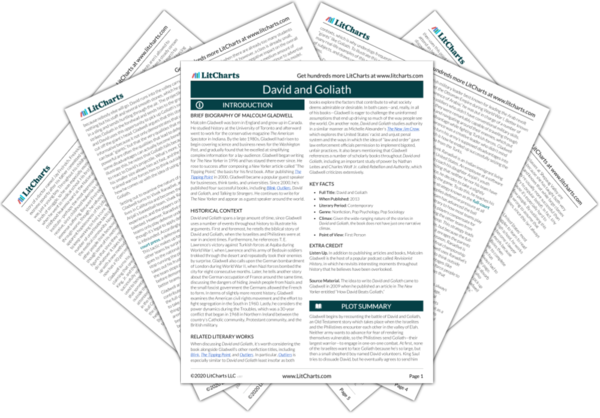The reason that it’s ineffective to simply kill “disagreeable” people is directly linked to Gladwell’s analysis of what happened during the Troubles. By responding to the Catholic community’s actions with unrelenting force, General Ian Freeland only exacerbated the situation, causing the Catholics of Northern Ireland to view the British authorities with even more disdain than before. Similarly, to kill Trocmé would do nothing to stop the Huguenots of Le Chambon from helping Jewish people, since they believe that this is the right thing to do and will not change their minds in response to the threat of violence. This is the same kind of moralistic conviction that Jay Freireich, Wyatt Walker, and Fred Shuttlesworth all have, suggesting that effective champions of change are motivated by their morals, not by revenge or power.
